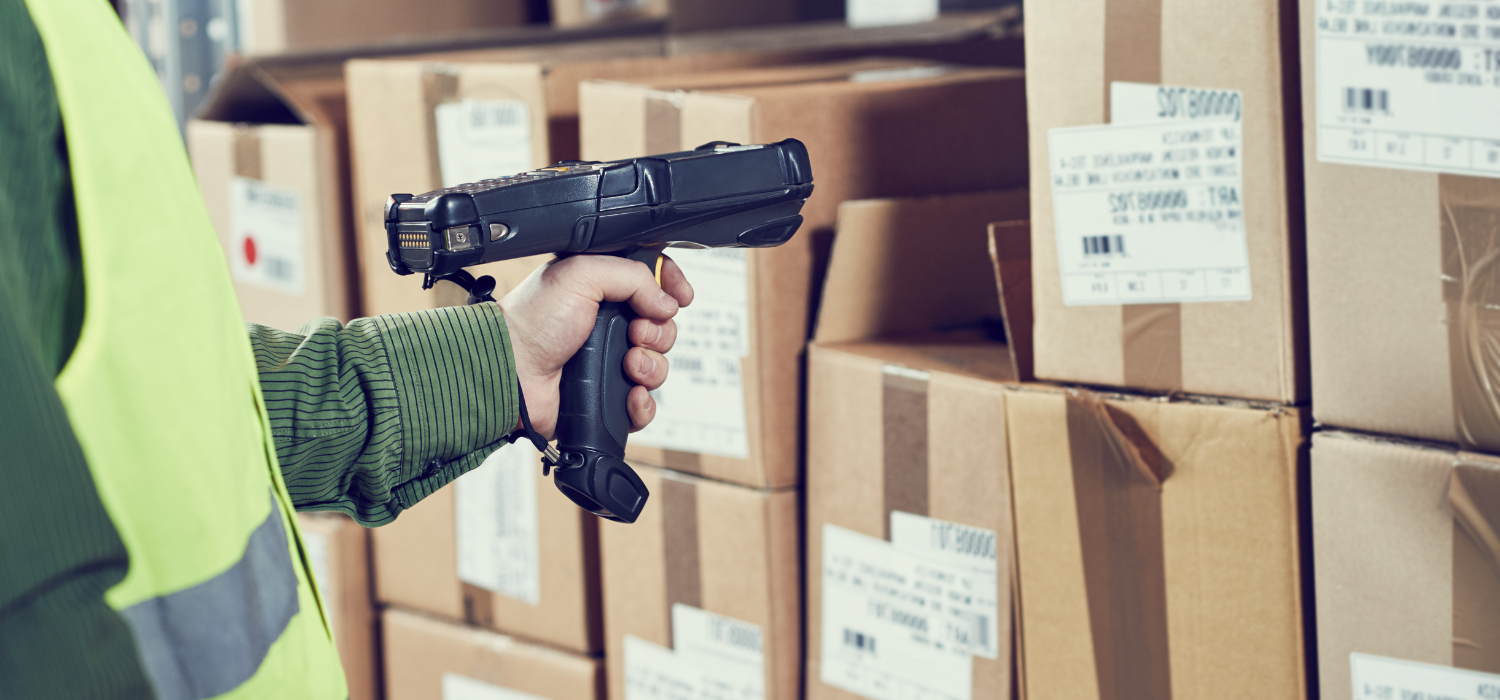Running a successful eCommerce channel means first and foremost establishing a relationship of trust with one’s consumers and potential customers. Of course, there are several factors that influence the choice of one online sales channel over another. For example, prices, variety of offer, logistical options for delivery, return policy and sustainability orientation come into play. Although there are numerous criteria for choosing an eCommerce channel, trust remains one of the most significant elements, as a user is unlikely to make a purchase from a site in which he or she does not place sufficient trust. And this is borne out by the data. According to a study by the Beymard Institute, in fact, 17% of shopping cart abandonment cases have to do precisely with the fact that users consider a site to be unsafe and untrustworthy.
How to build a relationship of trust with your users
So how do you build a trusting relationship with your users and improve your online reputation? The answer to this question is very simple, and to find it out just think of what we all do whenever we have doubts about a product or service: we ask those who have tried it before us for their opinion. This is what is known as ‘social proof’, a psychological phenomenon that pushes each of us to decide what is right (and reliable, in our case) or not depending on what others think about it. And in the age of digital and increasingly ‘social’ commerce, we most often seek these opinions online, through the reviews of other users. But beware, small spoiler: to be effective, reviews must be authentic.
Reviews: why you can’t do without them
Reviews for a product, a service, or more generally for an eCommerce channel are an extremely effective and relatively simple tool for building customer loyalty and acquiring new customers. This is because when a potential buyer searches for information about you, they will find a multitude of voices, even discordant but absolutely neutral ones, telling of their experience, positive or negative, with your brand and on the basis of these they will be stimulated to proceed with the purchase or, on the contrary, opt for a competitor. For this reason, monitoring the reviews of your eCommerce channel is crucial.
How best to manage reviews
As mentioned, however, reviews must be authentic. Another concept closely related to trust is in fact credibility. Losing credibility in the eyes of consumers also means losing (forever!) their trust. Everything is fine as long as the reviews against us are positive, but what to do when negative reviews appear? The same rules apply online as we often do in everyday life: the difference is in how we react. For example, responding in a polite and proactive way is a great way to ‘turn the situation in your favour’ and turn a problem into an opportunity.
How to get more reviews
It is also important to try to earn as many positive reviews as possible, for example by investing in Customer Care, which can help your users solve any kind of problem and consequently improve their shopping experience; optimising your eCommerce site to be as simple and transparent as possible for your customers; offering flexible and sustainable delivery solutions such as pick-up at Lockers and Pick-up Points; optimising your returns policy and, finally, making sure that payments on your site are secure and guaranteed. Finally, don’t be afraid to ask the opinion of your customers, not only to collect as many positive reviews as possible, but also to catch any critical issues to work on to continue improving your online store.
Three benefits of a good online reputation
Having reached this point, it is clear that the benefits that can be gained from online reviews are diverse and all extremely significant for an eCommerce store, be it large or small. After all, no one, not even the giants of online sales, is exempt from having their own online reputation.
To conclude, however, here are three more benefits you can gain from properly managing your online reviews.
1. Increasing profits
Loyalising your customers and getting them to speak highly of your eCommerce also means working on customer retention, i.e. the set of practices implemented by a business to retain its customers. In fact, according to Frederick Reichheld, Management Consultant at Bain & Co, a 5% increase in customer retention can increase profit by 25% to 95%.
2. Improving eCommerce site indexing
Reviews are also a determining factor for the SEO of a website, i.e. the positioning of your eCommerce on search engines. In other words, they increase its visibility, thereby also increasing site visits and the number of potential buyers (and future reviews!).
3. Business growth
As mentioned above, listening to your consumers’ opinions will allow you to discover your strengths and any weaknesses that you can continue to work on to improve and grow faster.
Do you have doubts about how to manage your online reviews? Keep following the GEL Proximity blog. In the near future, we will go into more detail on this topic to help you improve your online reputation.






